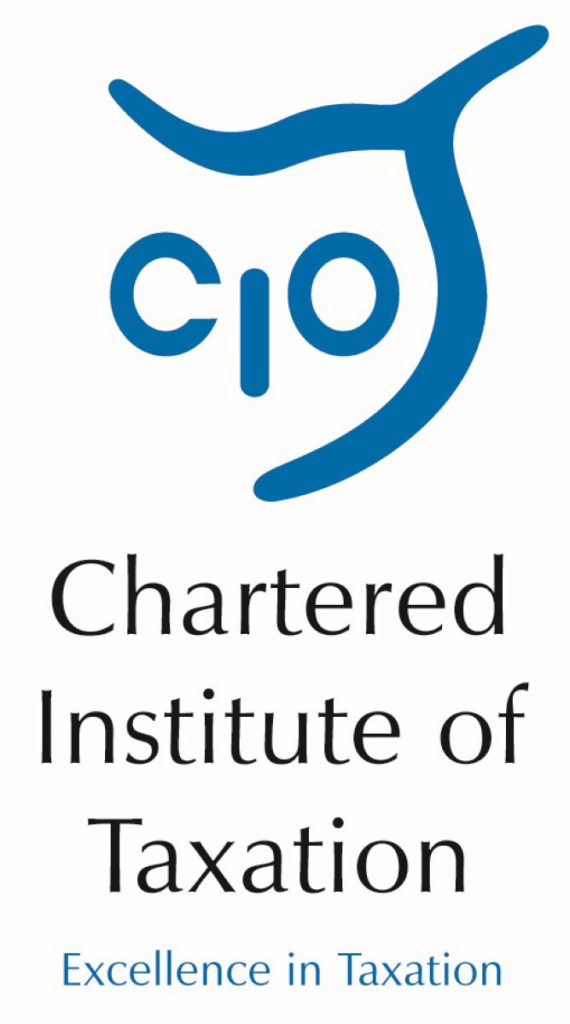The Low Incomes Tax Reform Group (LITRG) is advising self-employed people who started trading in the 2016/17 tax year that they have just weeks left to register for self-assessment with HMRC to meet the 5 October deadline. This will often include self-employed people working in the gig economy – although LITRG fears many will not realise it.
By law, self-employed people must notify HMRC of a new source of income, such as receipts from a trade or business, by 5 October in the tax year following that in which the new source began. For example, if a person begins trading in the tax year 2016/17 which runs from 6 April 2016 to 5 April 2017, they must tell HMRC by 5 October 2017 so that they can be taxed under self-assessment and assessed for any national insurance contributions they owe. Such people may include ‘gig economy’ workers who do a lot of different jobs, often through an online platform such as Uber or TaskRabbit.1
LITRG is concerned that because of the irregular and often ‘on demand’ nature of ‘gig economy’ income it may not even occur to people that their activity is taxable. They may also be unaware that where the level of income means that there will be no tax or National Insurance due, HMRC should still be notified as it may still be necessary to complete a tax return.
A failure to notify a new source of income and to complete and submit a tax return when required to do so can lead to financial penalties.
LITRG Chair Anne Fairpo said:
“Behind the innovative technology and new language surrounding the ‘gig economy’ lies an old-fashioned taxable source of income. If a person’s activity is regular, organised and is done with a view to generating a profit, then this will put them within the realms of self-employment and the UK's complex self-assessment tax return system.
“There is a real risk of penalties for failure to notify HMRC, which are based on the tax that could potentially be lost as a result of the failure to notify on time. Where the 5 October deadline is missed, a person should still register as soon as they find out they should. As long as a tax return is submitted and any tax due is paid on time (normally by the following 31 January), there will be no potential lost tax revenue and thus no penalty to pay.”
LITRG is reminding people that even income from one-off jobs or very casual work is taxable. This includes work that does not fall into a category of employment or self-employment, which may be taxable as ‘miscellaneous’ income. In this case the worker still needs to tell HMRC, it is just that HMRC may be able to collect any tax owed on it through adjusting their PAYE tax code instead (if they have one).
Reporting the income as ‘miscellaneous’ will mean that the person cannot pay Class 2 National Insurance (the type of National Insurance that self-employed people pay to gain access to the benefits system). Unless enough NIC or NIC credits will be put on their record any other way to bank the year as ‘qualifying’, they may wish to consider making voluntary Class 3 NIC contributions. These are quite expensive at £14.10 a week, so before committing themselves, they should consider if it is necessary to make them taking account of how many qualifying years they already have worked and their future potential to make up any gaps.
Notes to editors
1. LITRG’s website contains further information on the self-assessment system for self-employment: http://www.litrg.org.uk/tax-guides/self-employment. HMRC has information here.
2. Approximately 1.3 million people are engaged in ‘gig economy’ work according to the ‘To gig or not to gig: Stories from the modern economy’ report from the CIPD, published in March 2017.
3. Low Incomes Tax Reform Group
The LITRG is an initiative of the Chartered Institute of Taxation (CIOT) to give a voice to the unrepresented. Since 1998 LITRG has been working to improve the policy and processes of the tax, tax credits and associated welfare systems for the benefit of those on low incomes.
The CIOT is the leading professional body in the United Kingdom concerned solely with taxation. The CIOT is an educational charity, promoting education and study of the administration and practice of taxation. One of our key aims is to work for a better, more efficient, tax system for all affected by it – taxpayers, their advisers and the authorities. The CIOT’s work covers all aspects of taxation, including direct and indirect taxes and duties. The CIOT’s 18,000 members have the practising title of ‘Chartered Tax Adviser’ and the designatory letters ‘CTA’, to represent the leading tax qualification.
Contact: Hamant Verma, External Relations Officer, 0207 340 2702 HVerma@ciot.org.uk (Out of hours contact: George Crozier, 07740 477 374)





-01.png)